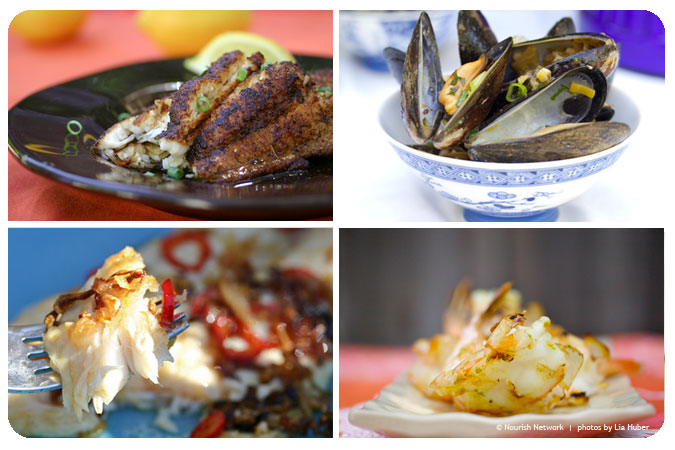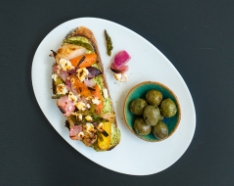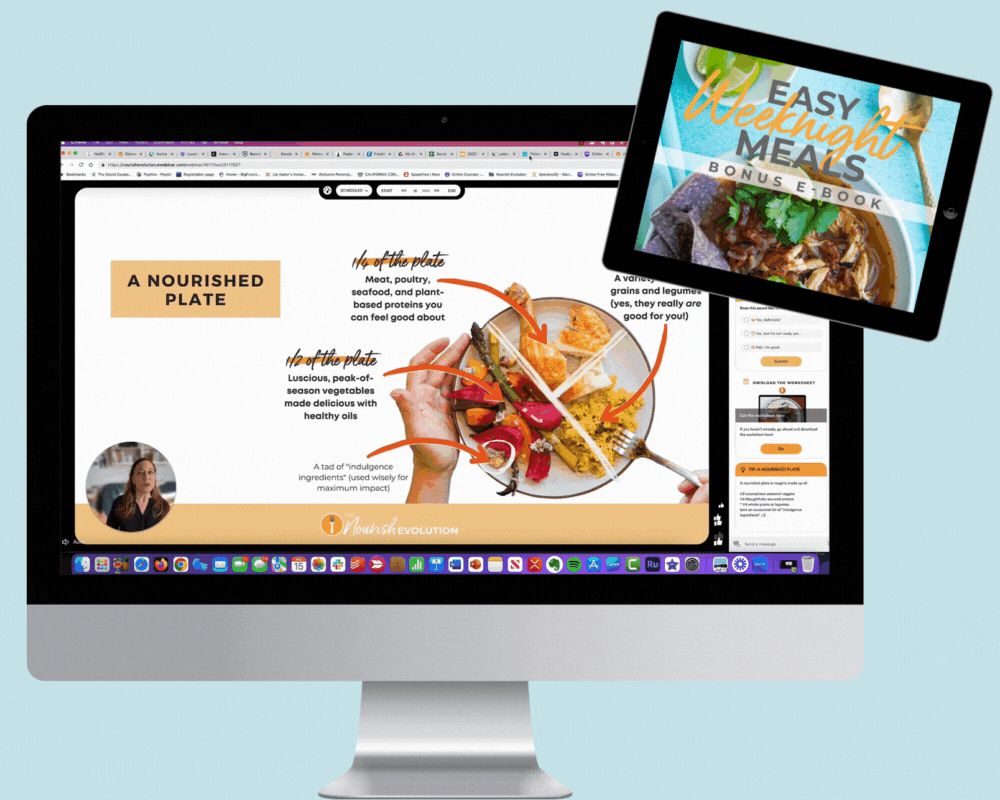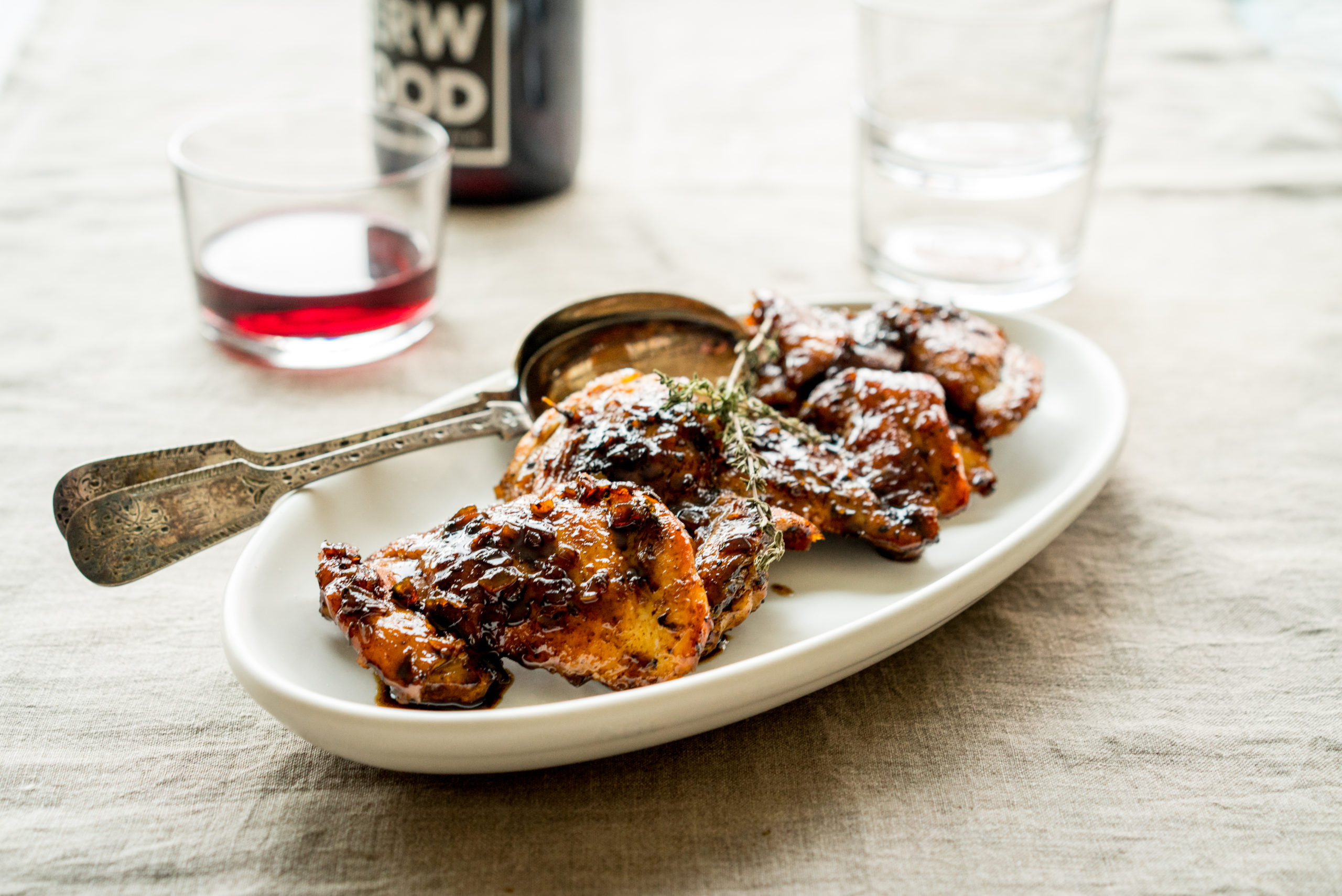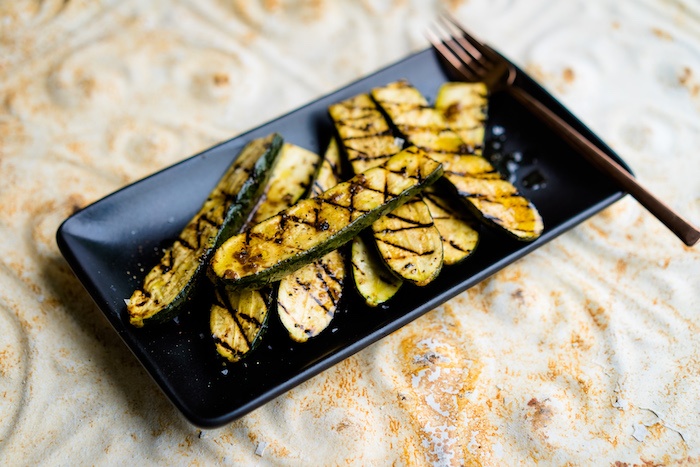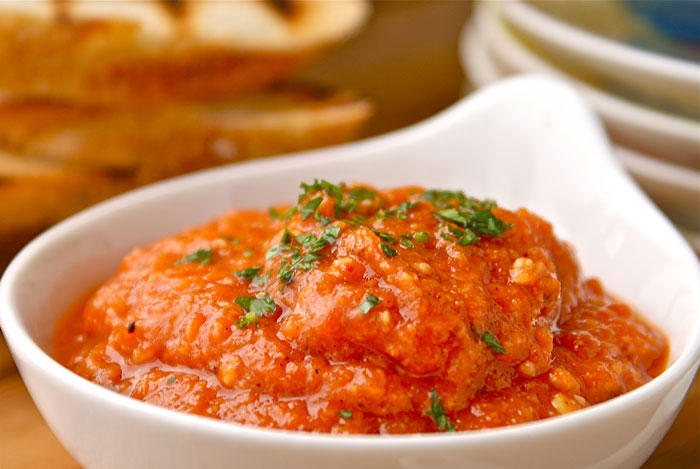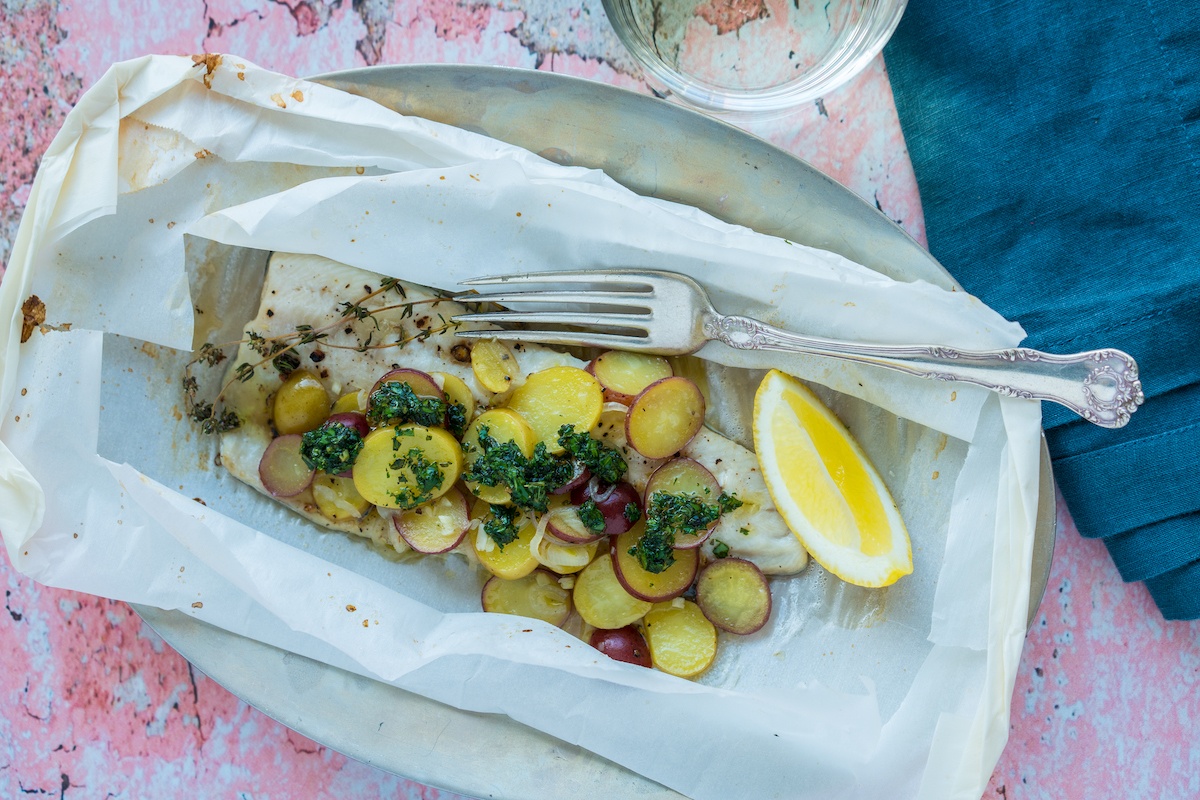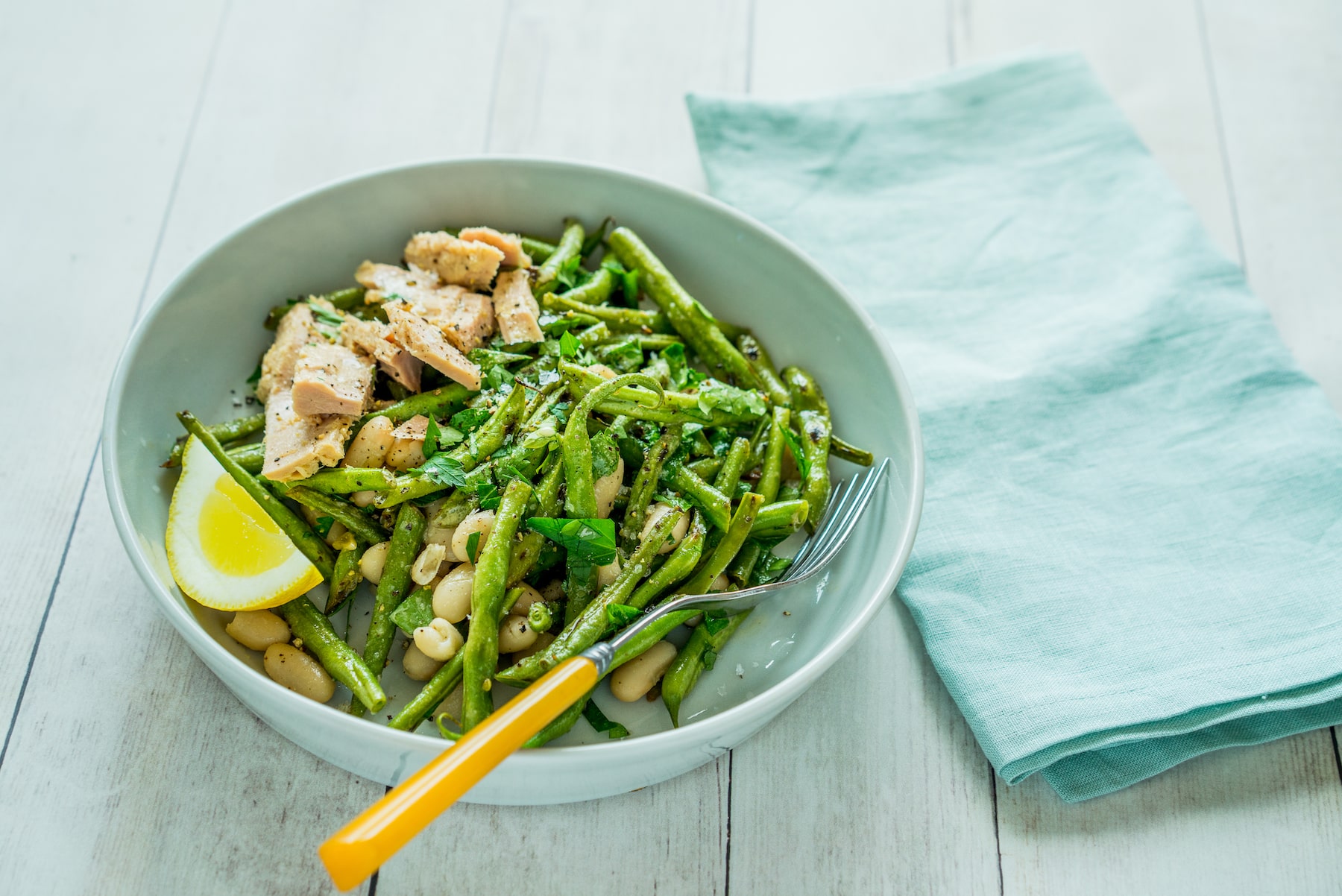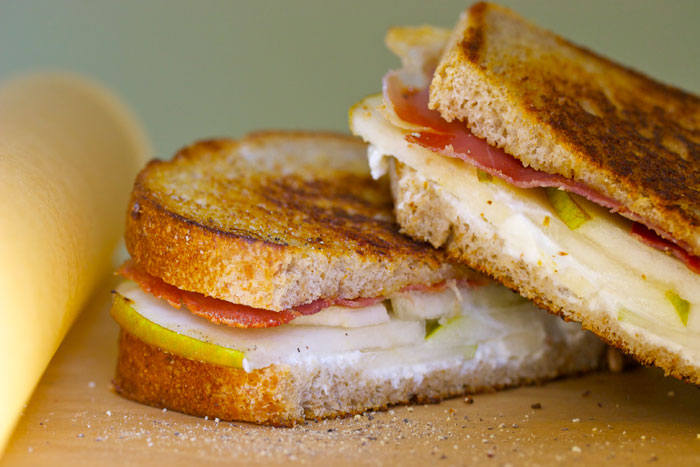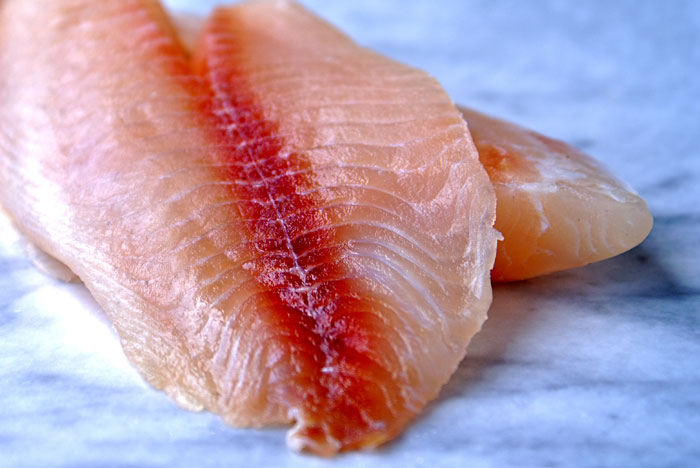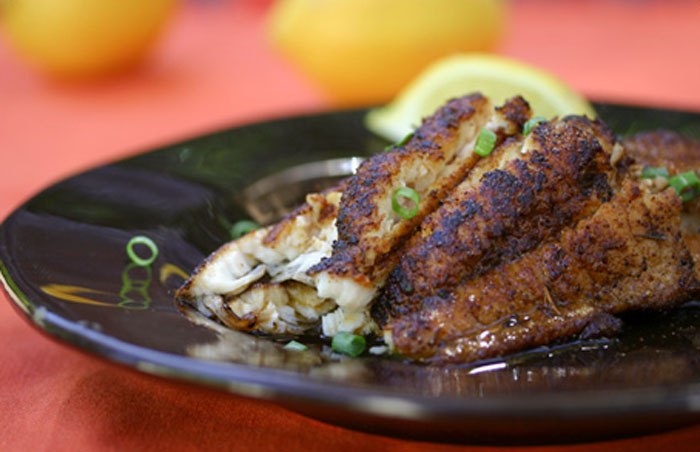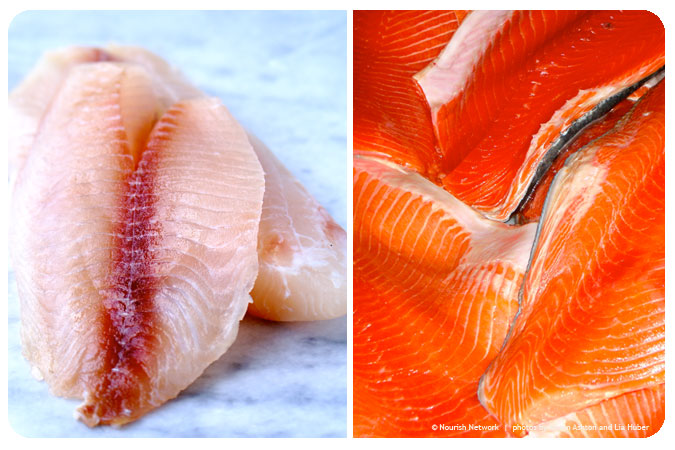Seafood can seem a conundrum. In one ear we hear “eat more fish” for the benefit they bring our bodies, in the other we hear “the oceans are being overfished.” So what’s the answer . . . how are we supposed to feed a growing global appetite for seafood when supplies in the world’s oceans are dwindling? That’s the question Monterey Bay Aquarium has been asking for years alongside other groups like the Blue Ocean Institute and the Ocean Conservancy.
And according to a ground-breaking report released by the Monterey Bay Aquarium entitled Turning the Tide: The State of Seafood, they’re closer than ever to knowing the answer. “Ocean life is still in decline and we clearly need to take urgent action to turn things around,” says aquarium Executive Director Julie Packard in the report. “The good news is that we know what it will take, and that key players are working more closely than ever to solve the problems. I’m confident that we can and will create a future with healthy oceans.”
So, just what will it take?
There are many factors that play into the health of the oceans that can be roughly boiled down to two golden rules: that fish species aren’t captured faster than they can reproduce, and that the environment remains healthy so that those fish—and the entire ecosystem–can thrive. Here is a snapshot of what Turning the Tide has to say about the state of seafood:
In the Wild
The major stakeholders in ocean affairs–environmental scientists and those who manage the fishing operations (which are called fisheries)–have in the past butted heads on which course of action to take to restore fish populations. But now there is considerable consensus on what can be done to change course. “Fishing communities and conservationists are crafting innovative solutions to ensure that there will be fish to catch—and people to catch them—for generations to come.” Solutions like regulating the type of fishing gear used and the amount caught, and a system called “catch shares” in which fishermen, cooperatives and communities are allowed a specified share of the annual catch. The result of these initiatives is an eco-friendly balance that enables fish, fishermen and fishing communities to thrive long-term.
On the Farms
The report also announced that, for the first time ever in 2009, we as a global community will consume more farmed fish than wild. Aquaculture is indeed one of the solutions for feeding global demand for seafood, but it must be regulated on an international level in order to protect both the health of marine ecosystems and the health of the consumers who eat it. Groups like the Pew Charitable Trust and the World Wildlife Fund are working to set healthy, sustainable aquaculture standards on both a national and international scale.
At the Market
There is no question that consumers’ desire to make sustainable choices is at an all-time high, due in large part to programs (like the Monterey Bay Aquarium’s Seafood Watch) empowering them to do so. The report spotlights several positive initiatives that this interest has spurred. For instance, several leading chefs upped the ante to “Save Our Seafood” by pledging not to serve any fish on the Seafood Watch red “avoid” list (think the Give Swordfish a Break campaign rolled out across much of a menu’s best-sellers). It’s a bold move, and one that will inevitably broaden our seafood palate as a nation. So expect to see more fish like sardines and Acrtic char on menus in the very near future.
Other highlights from Turning the Tide are the huge strides made in making sustainable seafood more accessible in mass market channels, from WalMart to major food service companies. It’s getting easier to identify sustainable seafood at the counter too. The Marine Stewardship Council’s blue “MSC Certified” label backs up a robust program of sustainable standards, traceability and accountability for wild-caught fish throughout the supply chain, from producer to plate. Its sister program, the Aquaculture Stewardship Council, is in development and will offer a similar certification and labeling program for sustainably farmed seafood.
What You Can Do
All this talk of sustainability and reports can sound daunting, but all in all the message of the State of Seafood was a positive one. There is a lot that can be done to restore our oceans and fish populations to health while providing the world’s human population with delicious seafood.
How’s this for empowering: every time you make a seafood purchase you’re contributing either to the decline or rejuvenation our seas. Here are three things you can do to help turn the tide in the right direction:
1) Memorize a short list – Seafood Watch released their Super Green List. We at NOURISH Evolution published our Super Seven. Both of these lists are great to have down pat for when you’re at the fish counter.
2) Be aware and adventurous – There is a plethora of resources out there, including NOURISH Evolution, to help you choose wisely, and sometimes those choices may take you out of your comfort zone. Delve in with an open mind and give new species a try.
3) Talk back – Let people know that you’re concerned about our oceans, whether it’s your policymakers or the guy behind the fish counter. Our combined voice equals market demand which goes a long way towards driving change.
